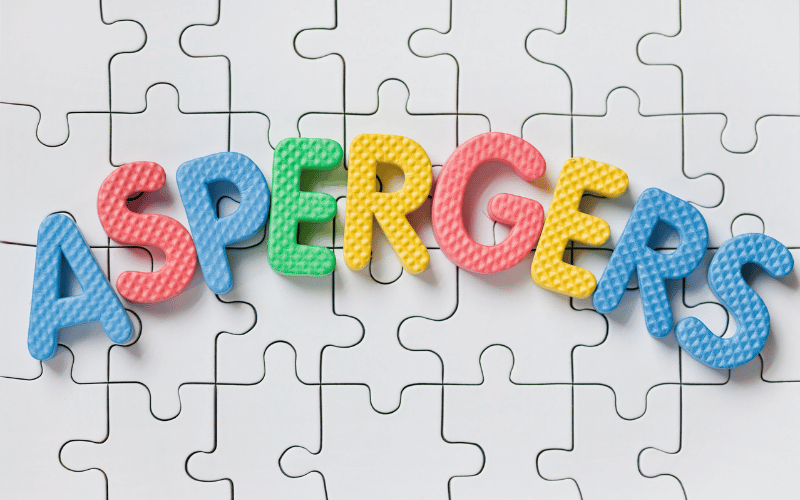Introduction: A Necessary Conversation on Asperger’s Syndrome

We live in a world buzzing with labels, stereotypes, and generalizations. But let’s face it: few labels are as misunderstood as Asperger’s Syndrome, commonly referred to as AS. While we might associate it with social awkwardness or eccentric behaviors, the truth is far more nuanced. This article will offer an in-depth look into the top 10 important facts about Asperger’s Syndrome behavior, challenging prevailing myths while shedding light on the realities that those with AS experience every day.
Asperger’s Syndrome isn’t just a medical term or a diagnosis—it’s a lens through which many people see the world. These behaviors range from the unique communication styles to an in-depth, almost encyclopedic knowledge of specific subjects. Unraveling the intricacies of these behaviors isn’t merely academic; it’s a pathway to greater understanding and acceptance.
You may be a concerned parent, a teacher, or someone newly diagnosed with AS. Regardless of where you’re coming from, this article is designed to be your touchstone. It will tackle behaviors, delve into their manifestations, and explore their impact on daily life and social interactions. This isn’t about medical jargon; it’s about understanding a different way of navigating the world.
If you’re tired of half-truths and stereotypes about Asperger’s, you’re in the right place. Let’s go beyond surface-level explanations and plunge into a thorough examination of the 10 most important behavioral aspects of Asperger’s Syndrome. What you’ll find here are not just facts, but invitations to view the world from a unique perspective.
1. Social Challenges: The Enigma of Human Interaction in Asperger’s

Navigating social scenarios often poses a considerable challenge for individuals with Asperger’s Syndrome (AS). The issue isn’t a lack of interest in human relationships, as is commonly misunderstood, but rather the subtleties and unwritten rules that come with social interaction. Think of it as trying to play a board game but not having access to the full rulebook. You can move the pieces, yes, but winning the game seems elusive.
The barrier often begins with decoding nonverbal cues. Imagine watching a foreign film without subtitles; you can grasp the general action but miss out on the nuances that give the story depth. For those with AS, smiles, frowns, and other facial expressions become a complex cipher. They may not instinctively understand why a raised eyebrow in one context is playful, while in another, it’s judgmental.
Social challenges also extend to initiating and maintaining conversations. While many people can small talk their way through a dinner party, this kind of interaction can be exhausting for someone with AS. Conversations often take on a monologue quality, focused intensively on a subject of interest. The typical give-and-take of casual dialogue becomes a balancing act, requiring extra mental effort to maintain. (1)